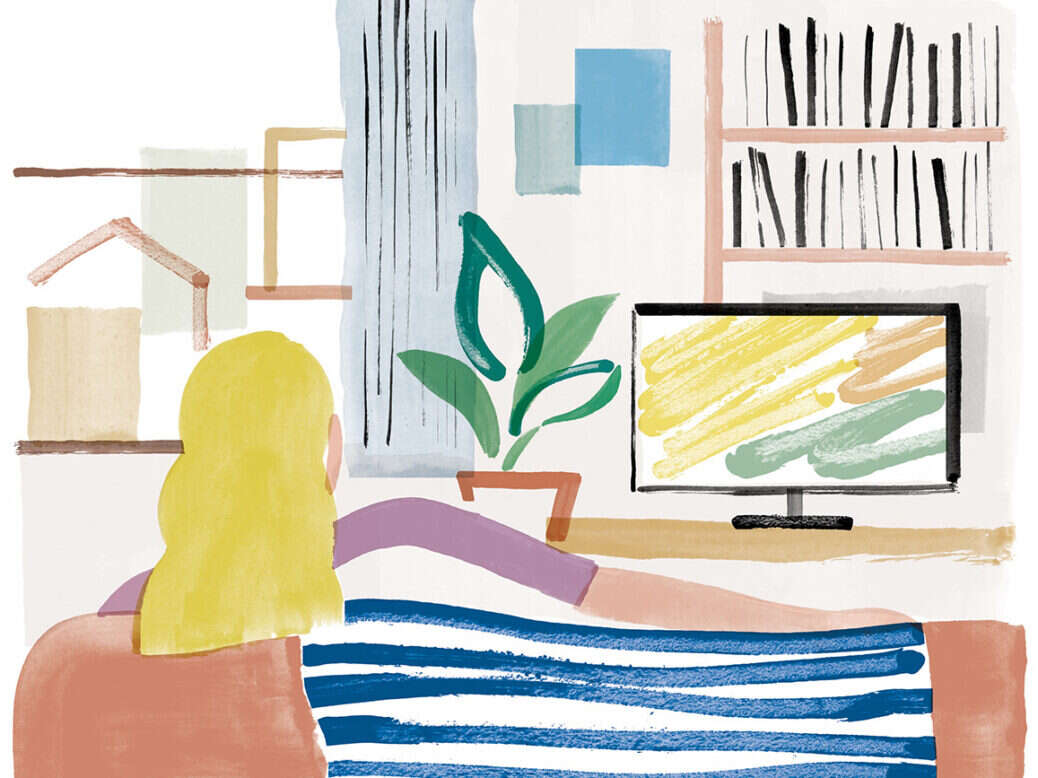
I found much to dread each week at school: boredom (geography), serious bodily harm (woodwork), the very real possibility that I was, in fact, quite thick (maths). But nothing conjured that oppressive, pit-of-your-stomach sensation quite like PE. I couldn’t catch a ball, or hit a ball, or do anything with a ball except flail in its general direction. Nor could I do much more in gymnastics – too aware of all the unique and incredibly painful ways my body could break – than fling myself at the side of the vault we were supposed to clear.
And I certainly could not run. This fact was made agonisingly clear each September, when we were put through the torture of “fitness trials”: the bleep test and 1,500 metres. I found the insistence that we repeat-failers were still made to complete them baffling: did they really think we teenage girls had done anything since the previous year to improve our fitness? Au contraire, we had been fuelling so-called sleepovers with Red Bull and Nutella. “Never mind,” my tutor once told me. “You’re just not a very physical person,” as though I was but a floating bundle of thoughts. This was enforced, in the most well-meaning of ways, by my family: my younger brother was the sporty one, I was the academic one, and that was fine. You couldn’t be good at everything.
When I discovered weightlifting in my mid twenties, this narrative had to be revised. I wasn’t coordinated, fast, or flexible, but I was strong. Short, sharp bursts of grit and intense mind-body connection I could do. But endurance? Aerobic fitness? Not my thing. I had tried Couch to 5K several times and always failed around the run-for-20-minutes-without-stopping mark, never making it past the I’m-bored-this-hurts phase.
Well, the narrative must be revised once more, for I have become that most tiresome of things: a runner. I have been running several times a week for six months now, and am in possession of the holy trinity of Things That Maketh a Runner: a Garmin watch, a Salomon vest, and a healthy bagel-and-jam habit (the first two, I feel the need to point out lest you consider me an imprudent spender, were second-hand bargains). Oh, and I can now run 10km without stopping. And I enjoy it.
I owe this remarkable about-turn to an app called Runna (I am not, I should clarify, sponsored by them, though I would gladly be), which has provided me with a training plan that, through a combination of speed and endurance work, built up to my first 5k, then my first 10k. Next up: half marathon. I do not have to believe that I can do it; if Runna says I can, then I can. It costs £16 a month, which is affordable for me, and should be free of charge on the NHS for everyone for whom it is not.
The other key to this transformation is what I am calling the run-reward ratio: I find running a loop, beginning and ending at home, more mentally testing than running to a destination. More often than not, that destination involves food. Last weekend, I completed the final few kilometres of my Runna-prescribed long run in near lockstep with a man who, it turned out, was also heading to the bakery I’d set my sights on. It would have been a perfect meet-cute, had I been single.
This summer my stepmother renamed the family WhatsApp group I had created for updates on my father’s treatment for leukaemia to the less gloom-laden “Bailey banter”. Too soon, it turned out. Two weeks later, he was back in hospital; the cancer had returned. I resolved I would not write about it until there was an outcome, one way or the other. In the following months, I mentally drafted and redrafted the column I would write if he died – it was a morbid sort of coping mechanism, I suppose; a way to organise the fear, to make it digestible, perhaps even meaningful.
That I have devoted only a few short paragraphs to the subject, and that you have not struggled to read them through an unstoppable veil of tears, is something of a spoiler: Dad is once more in remission. “Phew,” he texted, ever a master of understatement. I hope fiercely that I will never have to commit that other column to paper. But rest assured, it would have been beautiful.
[See also: Debunking the fiscal black hole myth]
This article appears in the 23 Oct 2024 issue of the New Statesman, The crisis candidate





